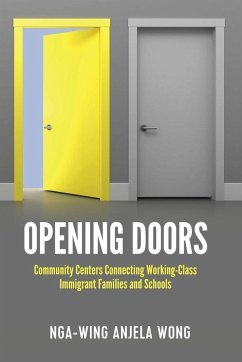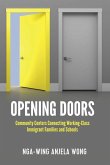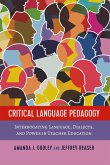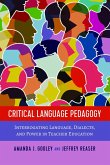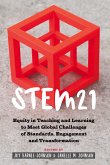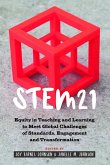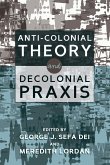In 2014-for the first time-over 50% of those in U.S. public schools are students of color. Furthermore, children of immigrants, the majority of whom are of Asian and Latinx origin, are the fastest-growing population in the U.S. Addressing their needs has become an important issue facing educators, researchers, and policy makers nationwide. More importantly, working-poor and low-income immigrant families of color need support and resources to negotiate and navigate between their home/community and their school/dominant society. Opening Doors: Community Centers Connecting Working-Class Immigrant Families and Schools examines the role and impact of a community-based organization (the Harborview Chinatown Community Center) and its youth program (the Community Youth Center), which is located in an East Coast city. Framed by the "Community Cultural Wealth" framework (Yosso, 2005) and Youth (Comm)Unity, Opening Doors argues that the Harborview Chinatown Community Center helps low-income Chinese immigrant families negotiate and navigate their multiple worlds. Specifically, this book examines the services and support for low-income and working-poor Chinese American immigrant families during out-of-school hours.
"This masterful, well-researched, and thought-provoking ethnography by Anjela Wong opens a window into the highly racialized contexts faced by many Chinese immigrant youth in U.S. schools and how an effective community-based institution counters this with an array of culturally and linguistically responsive, asset-based programs and services that help youth and parents to navigate difficult transitions and life circumstances. Kudos to Anjela Wong, whose path-breaking work provides guideposts for policymakers, practitioners, and communities in our current moment that positions immigrant youth and their families in the crosshairs of declining support for education and anti-immigrant policies. This study centers community-based organizations as viable antidotes to both subtractive schooling and proverbially vexed home-school relationships that beg for alternative intermediary institutions where politically aware and authentic caring abides and where children, as a consequence, prosper." -Angela Valenzuela, professor at the University of Texas at Austin and author of Subtractive Schooling and Growing Critically Conscious Teachers "The complex and diverse experiences of Chinese Americans are too often masked by hegemonic discourses that identify Chinese Americans and other Asian Americans as 'model minorities.' Through her rich ethnographic data, Wong introduces us to members of one Chinese American immigrant community, and through their stories she reveals the class, culture, language, and race-based barriers faced by low-income Chinese immigrants. Ultimately, however, Wong tells a story of hope and possibility rooted within the strength of immigrant communities. She argues convincingly for the role of community-based organizations in building 'bridges' across immigrant families, communities, and schools. This is an important book for all those interested in immigrant education, out-of-school spaces, and culturally relevant pedagogy." -Stacey J. Lee, professor of educational policy studies and Asian American studies, University of Wisconsin-Madison, and author of Unraveling the "Model Minority" Stereotype and Up Against Whiteness "Wong's astute book provides critical insights into the essential role of community-based organizations in the aptly named Opening Doors for working-class youth of Chinese immigrant origins. A fresh new view essential for practitioners and scholars alike!" -Carola Suárez-Orozco, professor at UCLA and author of Children of Immigration "One of the most vital partners for schools and families working towards the educational success and wellness of youth is community-based organizations, as compellingly illustrated in this important book by Anjela Wong. Opening Doors looks deeply at one such organization, follows several Chinese American immigrant youth and families as they navigate institutional and social contexts, and reveals not only the support that is needed out of schools but also the frameworks from advocacy that can improve educational policy and practice. At a time when immigration rhetoric and reform is front and center, let's all read and discuss this book." -Kevin Kumashiro, author of Bad Teacher!: How Blaming Teachers Distorts the Bigger Picture

